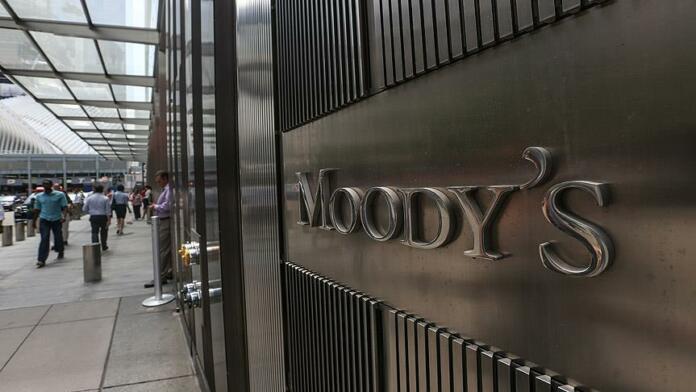Moody’s ratings agency has upgraded Cyprus’ sovereign rating to Ba1 from Ba2 and changed its outlook to stable from positive on a decrease in banking sector risks and the economy’s resilience to the pandemic shock.
The agency said Cyprus also showed a robust medium-term GDP growth prospects being supported by sizeable European funds.
The stable outlook reflects Moody’s view that credit strengths and challenges are balanced at the Ba1 rating level.
National support measures and sizeable EU funding limit the impact of the pandemic on the supply side of the economy and contingent liabilities from the crisis will probably remain contained.
“In addition, Moody’s expects debt affordability metrics to be favourable mitigating the impact of the higher debt burden compared to the pre-pandemic level on Moody’s assessment of fiscal strength.”
Finance Minister Constantinos Petrides said the decision demonstrated the correct policies followed by the government, which, despite the uncertainty created by the pandemic, continued to strengthen Cyprus’ credibility.
In a written statement, Petrides said the government will continue to work tirelessly, systematically, and in cooperation with political parties to roll out the necessary reforms that will upgrade the Republic’s credibility to the highest level.
The primary driver for the upgrade of the ratings is the material improvement in the underlying credit strength of the domestic banking system, which also reduces the risks of a systemic banking crisis and therefore lowers the risk of a crystallization of contingent liabilities in the banking system on the government’s balance sheet.
The banks’ risk profiles improved in recent years because of the improving loan quality and the strengthening of the banks’ capital buffers. In addition, liquidity ratios improved with the banks being less dependent on confidence-sensitive foreign deposits.
Asset quality has further improved under challenging market conditions in 2020, partly because banks have sold some legacy problem loans and partly because a comprehensive policy response to the pandemic has so far shielded borrowers from defaults.
The nonperforming exposures (NPEs) of the bank’s local operations in relation to total domestic loans and advances improved to 17.7 per cent at end-2020 from 27.9 per cent end-2019 and 47.8 per cent in December 2014.
At the beginning of 2021, repayments started for a number of borrowers that used the broad loan repayment moratorium in 2020 covering at its peak almost half of performing loans being the highest level of payment deferrals in Europe, with indications that a large part of loans under moratorium have resumed payments and inflow of new NPEs will only increase moderately.
The second driver for the upgrade of Cyprus ratings is the relative resilience of the economy to the pandemic shock in combination with the robust medium-term GDP growth prospects. Despite its sizeable exposure to tourism, the economy proved to be more resilient to the pandemic shock.
This was because Cyprus’s non-tourism related services such as business services, public administration and shipping softened the significant pandemic shock on the tourism sector. In addition, the support measures by the authorities are effective in mitigating the impact of the pandemic shock on the supply side of the economy and therefore materially reduce the risk of lasting impairment on the economic strength of Cyprus. Very effective in reducing the impact of the pandemic related shock on the labour market was the sizeable take-up of the introduced job retention scheme in the form of wage subsidies for affected companies that are required to keep their employees for at least the double duration of the period the scheme was used. Moody’s estimates that this job retention scheme saved around 26,000 jobs or 6 per cent of employment in 2020.
Source: Cyprus Mail

